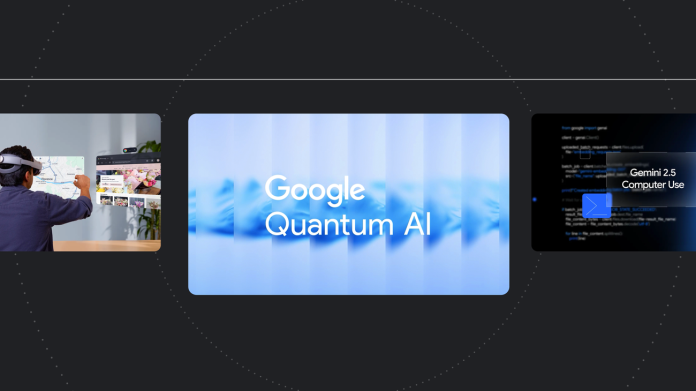Developers and entrepreneurs alike are buzzing over Google’s latest advancements in artificial intelligence, particularly the release of the Gemini 2.5 Computer Use model. By enabling AI agents to directly engage with user interfaces, this innovative model is poised to streamline a variety of business processes, offering small business owners efficient tools for navigating the digital landscape.
The Gemini 2.5 model, available through the Gemini API, excels at handling complex tasks such as website navigation and form filling—functions that many small businesses regularly encounter. David Foster, a small business owner in the tech industry, recently stated, "This AI tool can dramatically reduce the time it takes to complete customer transactions on our website." With faster performance metrics and competitive benchmarks that outshine existing alternatives, it’s clear that Gemini 2.5 offers practical time-saving solutions.
In the creative realm, Google has made significant strides with updates to its AI filmmaking tool, Flow. The newest iteration, Veo 3.1, empowers users to fine-tune their creative projects with amplified control over video production. With features that allow users to blend images for character control and style, along with the ability to weave distinct frames into cohesive narratives, small business owners involved in marketing or media production can harness these capabilities to elevate their brand storytelling. As marketing consultant Lisa Tran notes, "The enhanced storytelling tools make it easier for small businesses to produce professional-quality promotional videos without the need for a large budget."
Meanwhile, Google has introduced vibe coding in Google AI Studio, a feature that promises to democratize the creation of AI-powered applications. By simply describing their concepts, users can leverage Gemini to navigate the complex landscape of necessary models and APIs, effectively reducing the technical barriers that often hinder innovation. Small business owners looking to develop customized applications can now do so with lesser technical expertise, allowing them to focus on strategic objectives rather than behind-the-scenes complexity.
One of the standout offerings is Gemini Enterprise, which Sundar Pichai emphasized as the "front door" for Google AI in workplaces. This platform transcends conventional chatbot functionalities, aiming to support businesses with a secure environment for implementing AI solutions grounded in their unique data. An early adopter, HCA Healthcare, reported notable improvements in efficiency, indicating that such tools can substantially enhance operational workflows. This transformative capacity suggests that small businesses could unlock new levels of productivity and service delivery.
However, while these advancements offer numerous benefits, small business owners should also be mindful of potential challenges. Adopting new technology can require upfront investment in training and integration. Additionally, as small businesses increasingly rely on AI, considerations around data privacy and security become paramount. Ensuring compliance with regulations and maintaining customer trust must remain a priority in these rapidly evolving technological landscapes.
In summary, Google’s new AI features hold promising implications for small businesses across various sectors. From simplifying user interactions to enhancing creative capabilities and deploying secure AI applications, these tools provide significant advantages. Nevertheless, business owners should remain vigilant about the associated challenges, approaching these innovations strategically and responsibly.
For more detailed insights on these developments, visit the original post at Google Blog.
Image Via Gemini



